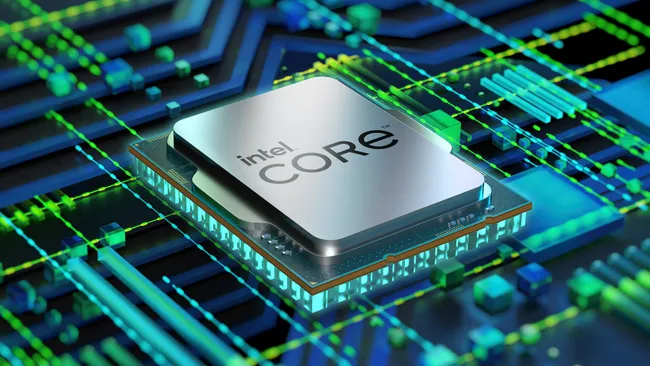Retailer statistics indicate that the number of returns for Intel 13th generation CPUs is four times higher than that of AMD CPUs
In just four years, the return rate for Intel CPUs has quadrupled.

(Image credit: Intel)
A French article found that the return rate for Intel's 13th generation Raptor Lake processors is four times greater than that of the previous generation, based on an interview with a large European PC components retailer. The 14th generation Raptor Lake Refresh chips also have return rates that are three times higher than those of the 12th generation Alder Lake processors, indicating that the problems Intel is currently facing may not be the whole extent of the problem.
Les Numeriques statistics shows that in 2020, only 1% of AMD CPUs were returned, compared to 1.75% for Intel. We may therefore calculate that Raptor Lake chips have a return rate of 4% to 7%, while Raptor Lake Refresh processors would have 3% to 5.25%, assuming AMD's return rate has stayed consistent since then. It's important to remember that these figures only include returns that were processed by retailers; they do not include returns that were sent directly to Intel.
The instability of Intel's Raptor Lake and Raptor Lake Refresh processors has been in the headlines lately. The software upgrade won't fix any chips that have already failed or are nearing death, even though the manufacturer has issued a patch for the crashing and instability issues in mid-August. For instance, we had to RMA one of our Intel Core i9-13900K chips since it would not cooperate with Nvidia's graphics drivers and would crash when certain games were opened.
These chips—Intel Core i9-14900KF, Intel Core i9-14900KS, Intel Core i9-14900, Intel Core i7-14700KF, Intel Core i7-14700K, Intel Core i9-13900KF, Intel Core i9-13900KS, and Intel Core i9-13900K—are reportedly impacted by Intel's most recent issues, according to the French news report. It's a serious setback for Intel, especially if the company's solution to the instability degrades the performance of the CPU. Additionally, Intel is required to replace any chip that has already sustained irreversible damage. This means that a greater number of processors than those that have previously been returned may be affected.
Even if Intel is able to resolve the problem, it will undermine the years of consumer confidence it has earned, since some institutions are apparently switching to AMD's Ryzen 9000 CPUs. AMD has also been experiencing problems; the Ryzen 9000 chips' original release date was pushed back a few weeks owing to an unidentified problem. Although it's probably not as big as what Intel is going through at the moment, it was bad enough to justify a postponement.
The good news is that AMD's actions only apply to the initial batch of Zen 5 desktop CPUs; there isn't a two-year backlog of Raptor Lake and Raptor Lake Refresh processors that have been shipped. It will hurt to some extent, but nothing like the troubles with Intel that seem to even extend to server and maybe mobile CPUs.
Comments
Post a Comment